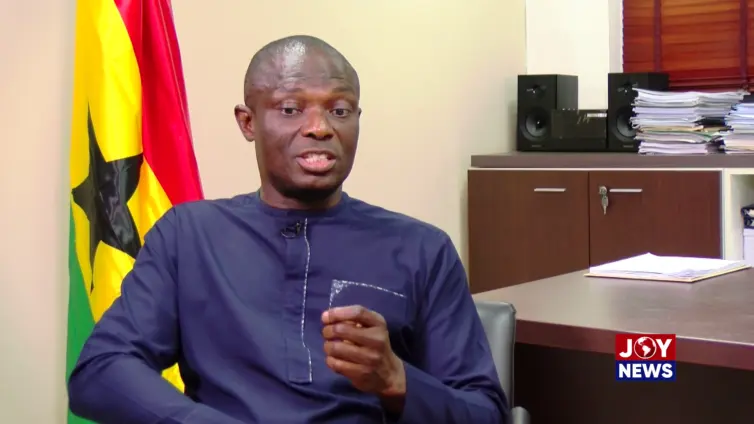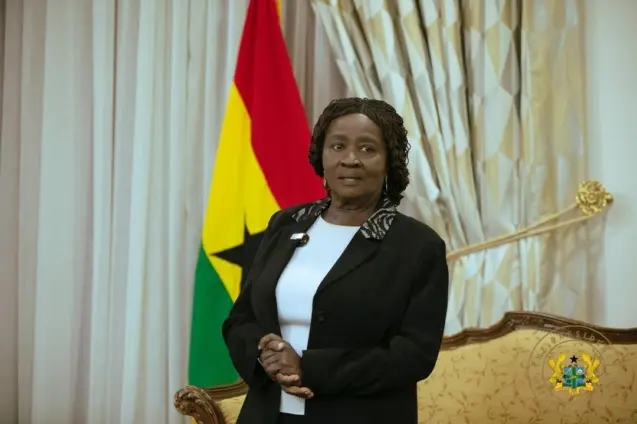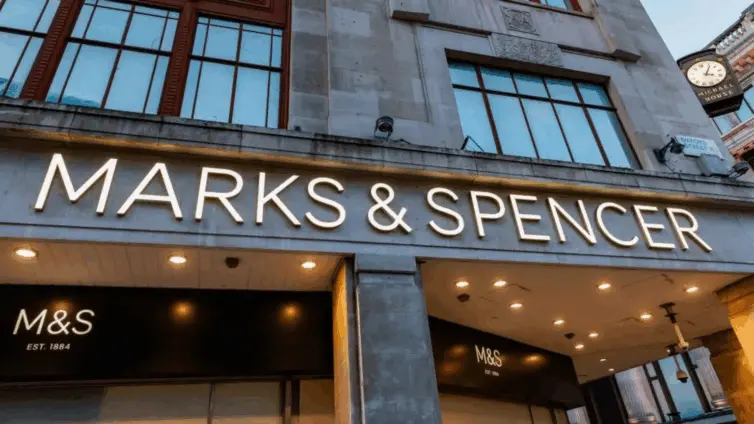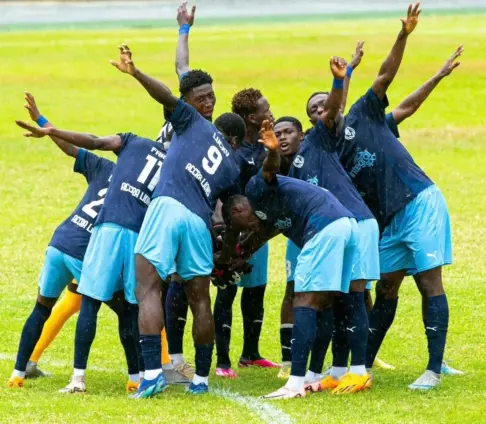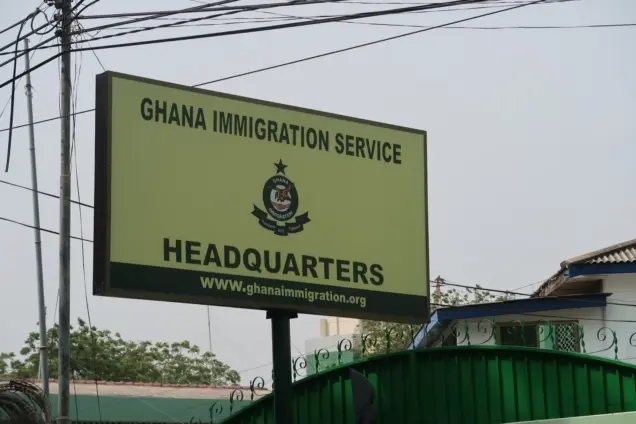Nsawam—the very name conjures images of imposing walls and lives lived largely out of sight. But a recent appeal by Ernest Yaw Enim, Chairman of Parliament’s Select Committee on Human Rights, has brought a renewed focus on the plight of those within the Nsawam Medium Security Prison, particularly the growing crisis of unpaid Nsawam Prison medical bills. The situation, Enim argues, is not merely a financial matter, but a profound violation of fundamental human rights.
Nsawam Prison, a key facility within Ghana’s correctional system, is grappling with an escalating medical debt crisis. According to Stephanie Birikorang’s report, the non-payment of these bills raises serious questions about the welfare and dignity of the inmates. This article delves into the ramifications of this debt, the larger human rights issues plaguing the prison, and potential solutions as advocated by parliamentary figures.
The Urgent Plea for Settling Nsawam Prison’s Medical Debt
Ernest Yaw Enim has made a direct appeal to the government, urging immediate action to settle the outstanding GH¢506,000 medical debt. He emphasized the critical nature of this debt, stating that it represents “a serious violation of the rights of inmates to health and life.” His appeal underscores the moral and legal obligation of the state to ensure the well-being of those in its custody. Access to healthcare is not a privilege, but a fundamental human right, regardless of one’s circumstances.
International treaties and Ghanaian laws enshrine the right to healthcare, even within correctional facilities. The Universal Periodic Review (UPR) recommendations, though not explicitly detailed in the original article, likely reinforce these principles, calling for improved prison conditions and healthcare access. Failing to address the Nsawam Prison medical bills undermines these legal protections and perpetuates a system where vulnerable individuals are denied basic necessities.
Overcrowding and Its Impact on Inmate Welfare
The Nsawam Medium Security Prison faces a severe overcrowding problem. Built to accommodate 717 inmates, the facility now houses over 3,500 individuals. This stark reality paints a grim picture of the conditions within the prison walls. Mr. Enim characterized the situation as “unacceptable,” emphasizing the detrimental effects of overcrowding on inmate welfare and overall dignity. The sheer density of the prison population creates an environment ripe for disease and despair.
Overcrowding significantly exacerbates health issues and heightens the risk of infectious disease transmission within the prison. The lack of space, coupled with inadequate sanitation, creates breeding grounds for illness. Addressing the Nsawam Prison medical bills is therefore crucial, as timely and adequate treatment becomes even more critical in such an environment. The inability to pay these bills further endangers the health and lives of inmates already vulnerable due to overcrowding.
Inadequate Feeding Budgets: A Further Strain on Inmates’ Health
The parliamentary committee has also voiced its concern regarding the insufficient feeding budget allocated to the prison. With a meager GH¢1.80 allocated per prisoner per day, the ability to provide adequate nutrition is severely compromised. This inadequate budget further undermines the health and well-being of the inmates, leaving them vulnerable to malnutrition and related illnesses. It’s a pittance that barely covers basic sustenance, let alone a balanced diet.
Malnutrition in prisons has far-reaching and detrimental health consequences. A weakened immune system increases susceptibility to various illnesses, making inmates more reliant on medical care, which, in turn, exacerbates the existing debt crisis. The cycle of inadequate funding, poor nutrition, and escalating medical needs perpetuates a system of neglect and suffering.
Francis-Xavier Sosu’s Call for Presidential Amnesty
Adding another layer to the complexities of the situation, Francis-Xavier Sosu has appealed to President Mahama to grant amnesty to inmates on death row. Sosu specifically advocates for commuting sentences, particularly for those who have already spent over a decade in condemned cells. His rationale is compelling: “These individuals have already spent 10 to 15 years in condemned cells…it will result in grave injustice.” He suggests that such prolonged confinement constitutes a form of cruel and unusual punishment.
The President’s power to grant amnesty and commute sentences is rooted in Article 17 of the 1992 Constitution, which guarantees equality before the law. This legal framework provides the basis for the President to exercise his prerogative of mercy, offering a path towards justice and rehabilitation for deserving inmates. The call for amnesty is not only a matter of compassion but also a recognition of the potential for reform and reintegration into society. Addressing the issues surrounding the Nsawam Prison medical bills alongside these appeals for amnesty paints a comprehensive picture of the challenges facing the Ghanaian correctional system.
In summary, the situation at Nsawam Prison is a multifaceted crisis demanding immediate attention. The urgent need to address the Nsawam Prison medical bills is intertwined with the pervasive problem of overcrowding, the inadequate feeding budget, and the ongoing calls for presidential amnesty. Upholding the human rights of inmates, ensuring their access to healthcare, and providing fair treatment are paramount.
As Stephanie Birikorang reports, the situation at Nsawam Prison demands immediate attention and decisive action from the government to alleviate the suffering of inmates and uphold their fundamental rights. Further investigation is warranted into all claims.
Image Source: GHANAIANTIMES











